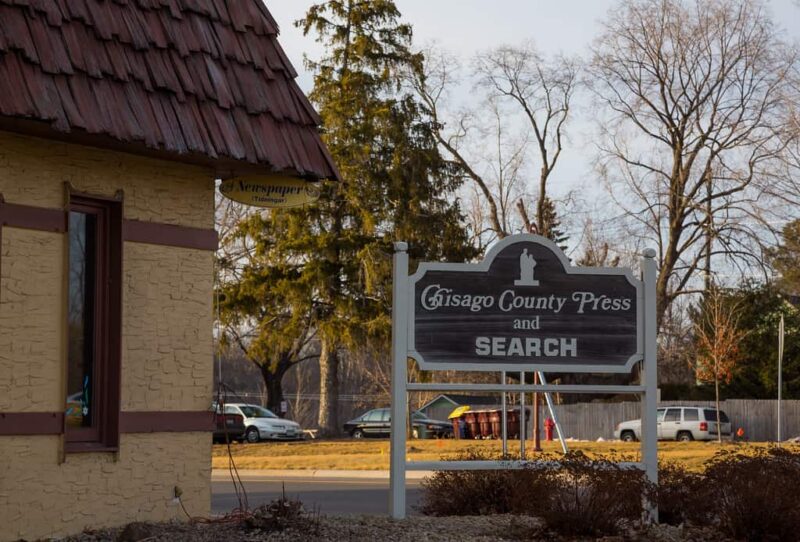As communities react and respond to the global COVID-19 pandemic, fact-based, locally relevant news and information is needed more than ever. This is particularly true for hard-to-reach, vulnerable communities, who are much less likely to get the key information they need, in the languages they speak, and in the digital and offline spaces they frequent.
The Listening Post Collective, a project of Internews, partners with community-based media outlets serving these audiences. Listening Post partners are typically tight on resources and the added realities of the pandemic have stretched their staff and capacity thin.
In mid-March, Listening Post Collective asked its partners what they needed personally or financially to ensure that they endure this crisis and, ideally, emerge from it better positioned to serve their communities. In response, a newsroom assistance service called “Editor-on- Call” was created as a pro-bono sign-up service to assist over 20 partners with a wide range of needs.
Through Editor-on-call, the partners now receive:
• Newsroom support: Listening Post Collective is helping newsrooms generate story ideas, gather information, fact check, edit publications, involve their audiences, apply for grants, and more.
• Coaching: Coaches are giving guidance to partners on how to prioritize their news agendas and content to reflect the changing needs and concerns of their audience. Coaches are providing guidance on strategies for sharing news and information with hard-to-reach communities, working remotely, adjusting workflows, conducting information needs surveys and long-term sustainability. Partners can sign up to meet one-on-one with any of the coaches as many times as they choose.
• Subsidized services: Listening Post Collective has partnered with a translation center and SMS services to help subsidize translation or messaging needs so partners can ensure that their communities have access to useful and accessible information. Along with these services, partners will receive coaching to help them engage and reach communities in a thoughtful and effective way.
• Collaboration stipends: Listening Post Collective is providing resources to help catalyze the collective power of its partners. Partners are encouraged and compensated to spend time connecting with each other, to share resources and strategies, or otherwise combine their strengths as individual outlets to help each other.
The Listening Post Collective coaching and editorial assistance team is comprised of editors, reports, natural disaster dispatchers, and entrepreneurs. Translation services are available in Spanish, Hmong, Somali, Mandarin, and more.
Making an impact
During this crisis people need to know how to protect themselves from the virus, how their local government is responding, how to safely acquire food, medication, and medical services. As the crisis continues to unfold, people will need to know how to apply for and receive necessary government services such as filing for unemployment and social services.
The Listening Post Collective network is providing this crucial information, in multiple languages, to over 1.5 million people across the country. They are collecting questions and concerns from audience members, coordinating information about key local services, providing a sense of community and support to those feeling isolated, and publishing critical journalism that reflects the lived experiences of the most vulnerable and ultimately holds those in power to account.
When community-based news outlets like the Listening Post Collective partners can’t operate or connect in meaningful ways with their audiences, rumors and misinformation fill the void, spreading through social media, private chats, and email.
Listening Post Collective partners want to serve their communities. The Listening Post Collective can help. Local media is in crisis, but the intention is to help partners not only endure this pandemic, but come out stronger.
(Banner photo: Small town newspaper office in Lindstrom, Minnesota. By Tony Webster/Flickr/CC)
